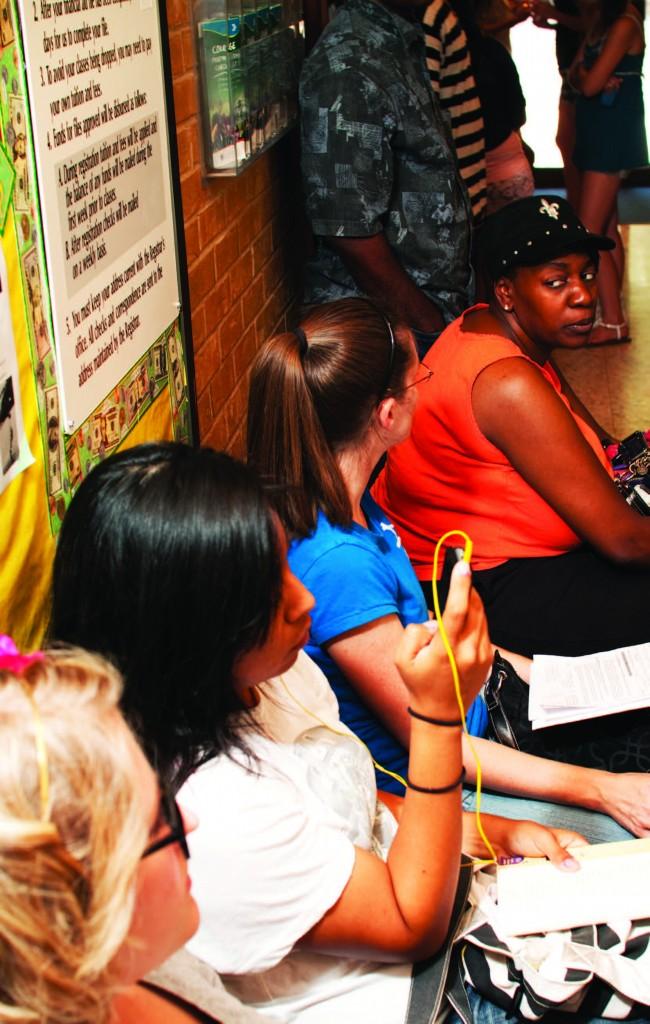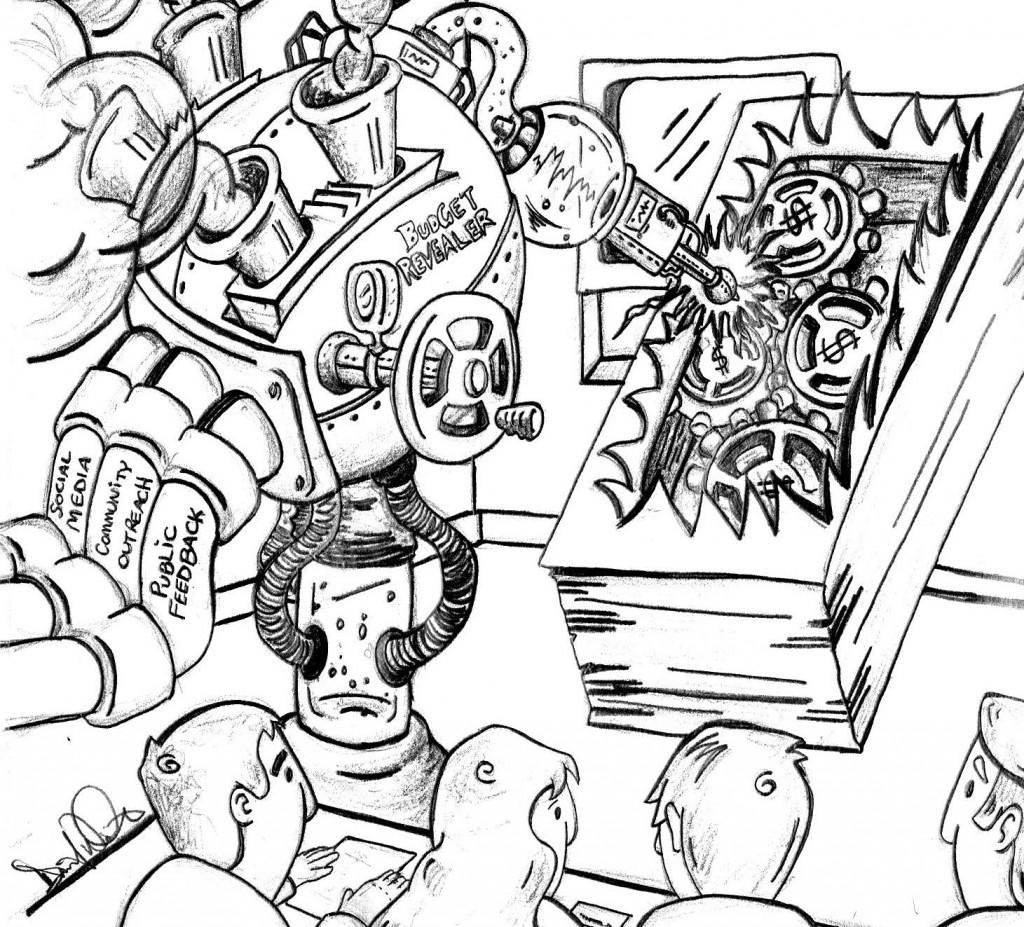By Shelly Williams/editor-in-chief
Beware of the incoming fishes this year, instructors. Their perceptions of the world may surprise you.
For instance to the class of 2014, according to The Mindset List, a document released every summer since 1998 by Beloit College in Wisconsin, Al Gore has always been animated.
The list provides a look at the cultural touchstones that may be shaping the lives of students entering college this fall.
Created by a college professor and a public affairs director, it serves as a reminder for instructors and professors to be cautious of dated references.
Since then, it has become a catalog of the changing worldview of each new generation, according to the Mindset List website www.beloit.edu/mindset.
While the issues, people, events and products of the past are all pertinent and shouldn’t be forgotten, this list has a point. Professors and instructors, remember whom you’re teaching and stay up to date with the mindset of the freshman searching for higher education.
Here are some insights to consider courtesy of the Mindset List:
For them, Nirvana has mostly been on the oldies station. Clint Eastwood was a director, and Dirty Harry always got a “who?” after his name. Beethoven has probably been considered more often a good name for a dog than for a musician.
Secondhand smoke always has been an official carcinogen. Their first home computers were probably an Apple II or Mac II, which are now in museums. And Fergie was always a pop star, not a princess, unless seen otherwise through the Internet or a tabloid.
This generation has information and knowledge at its fingertips, literally. But with that instant access comes the challenge for professors to make the difference between what knowledge and history are worth knowing or what are simple moments passing by on the Internet radar.
Take this as a teaching opportunity and continue to show students how to thoroughly research. Research skills may be needed more now than in the past.
Because of society’s ability to “feed the beast” that is the World Wide Web, students today may need to discover the patience in learning what knowledge is worth knowing and what information is being used to shape the future.
























